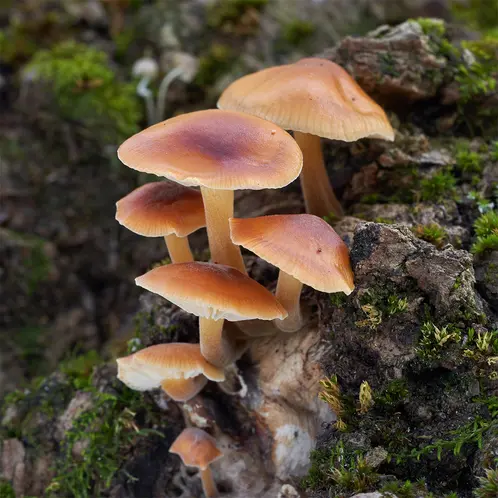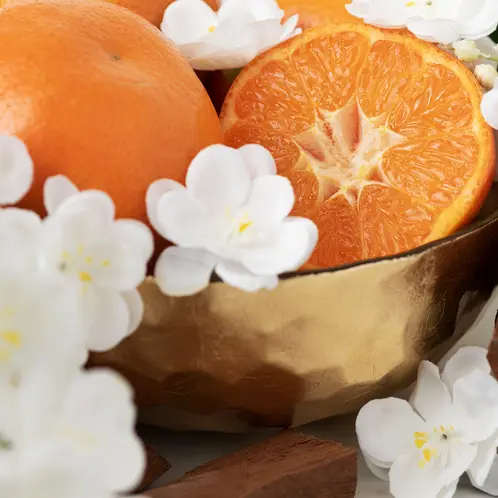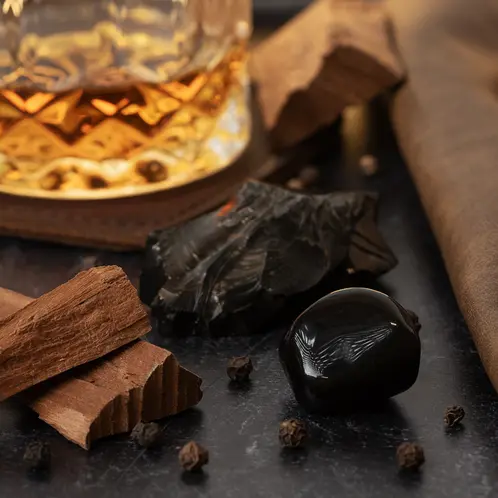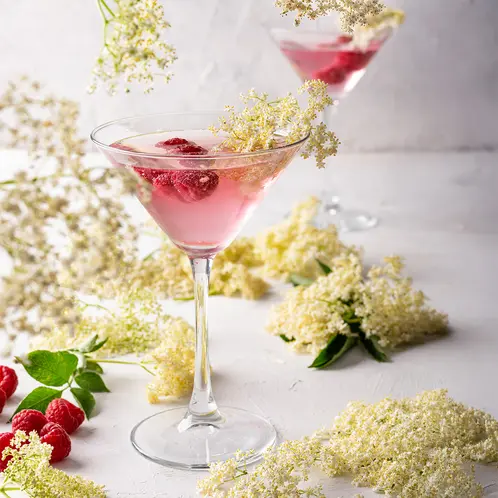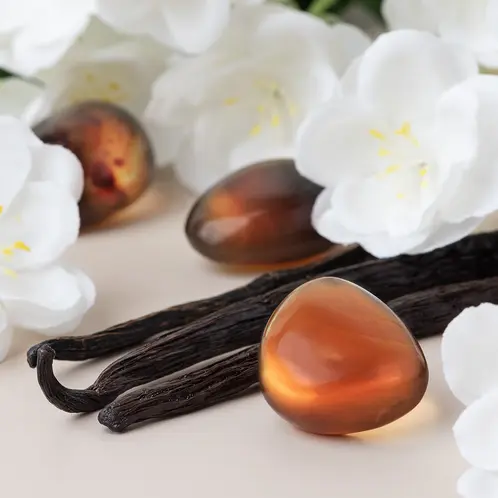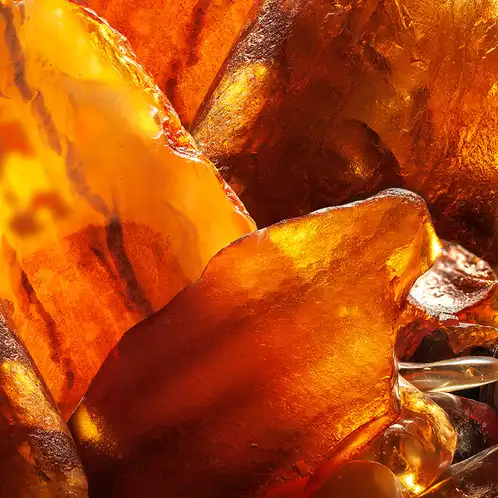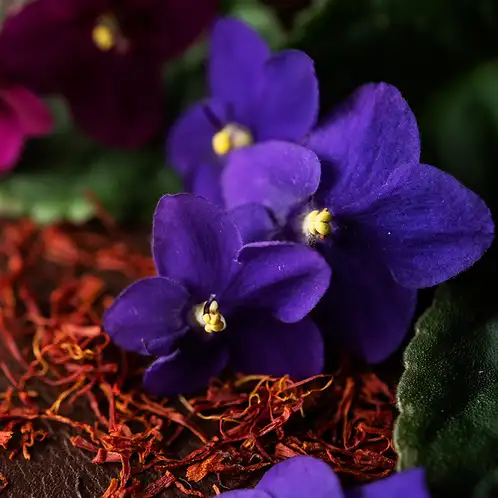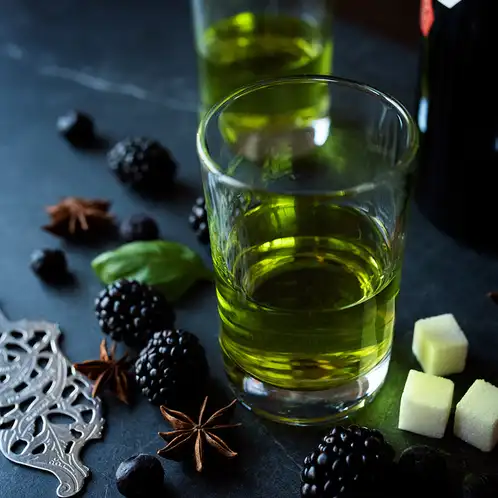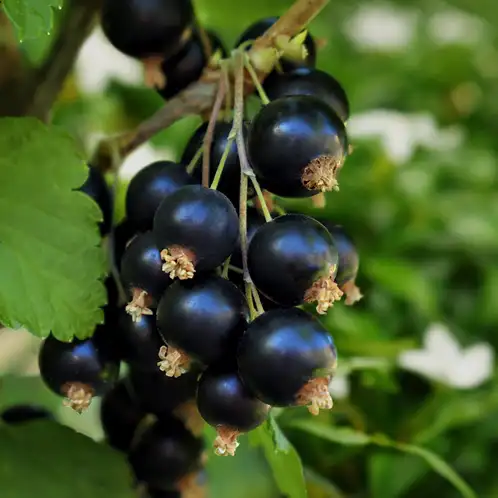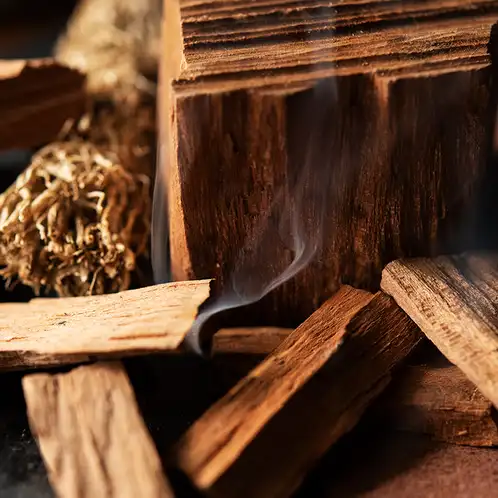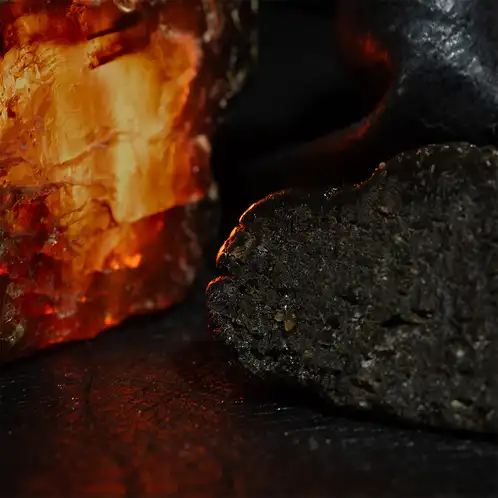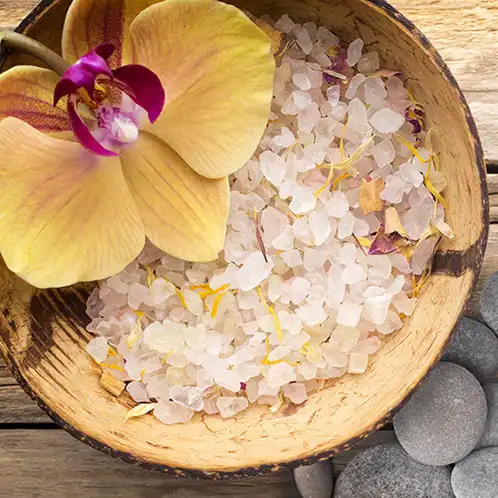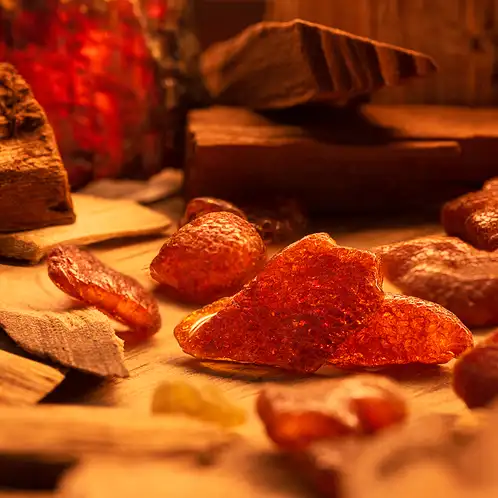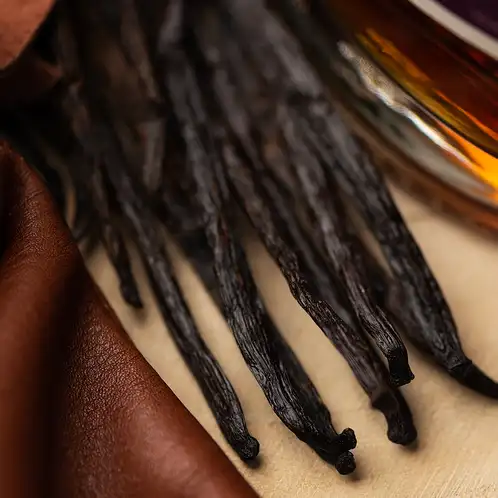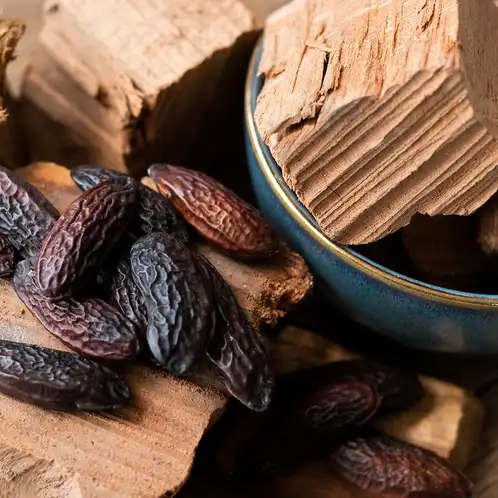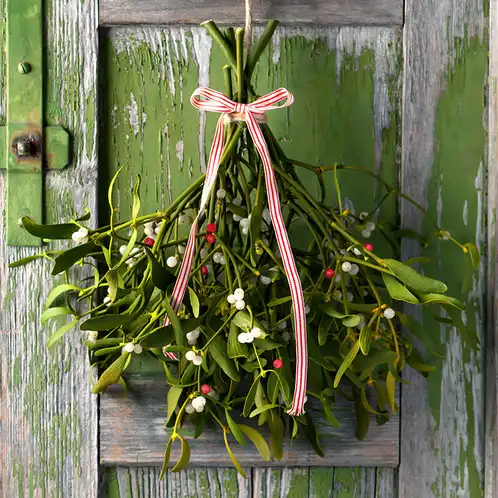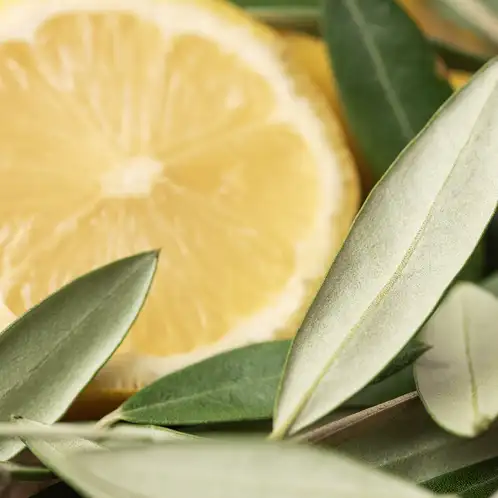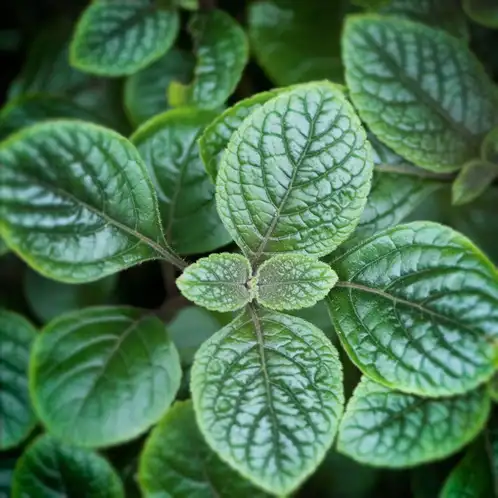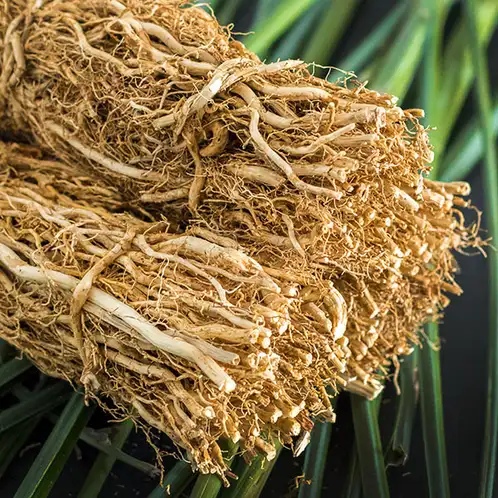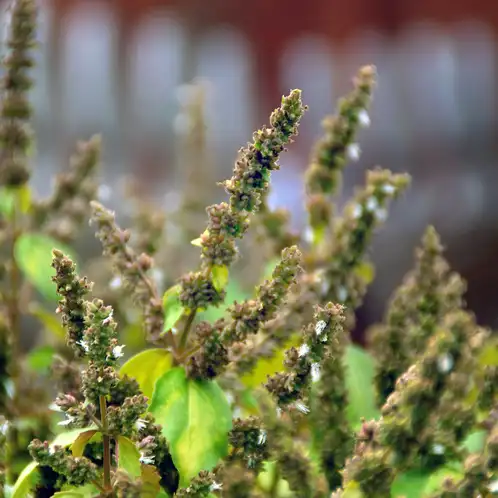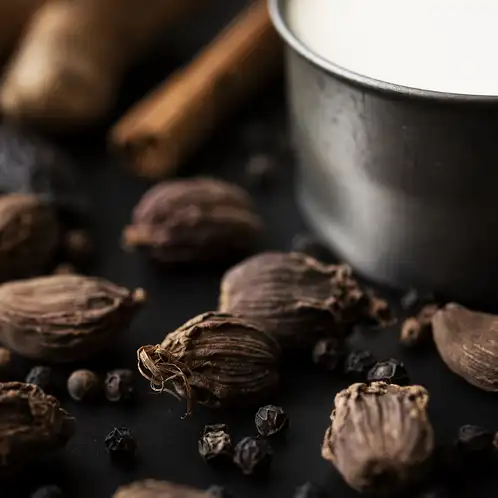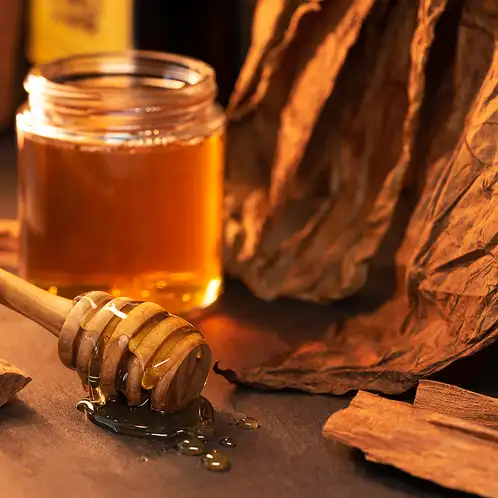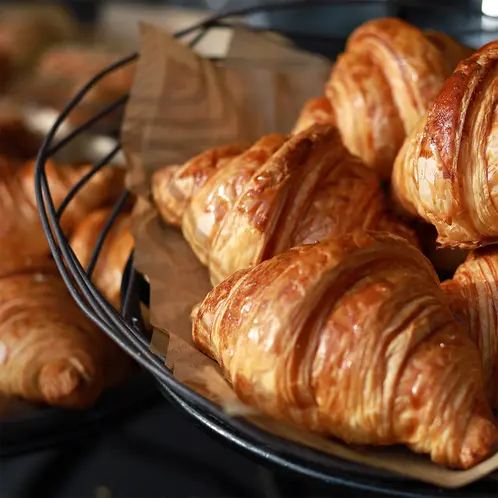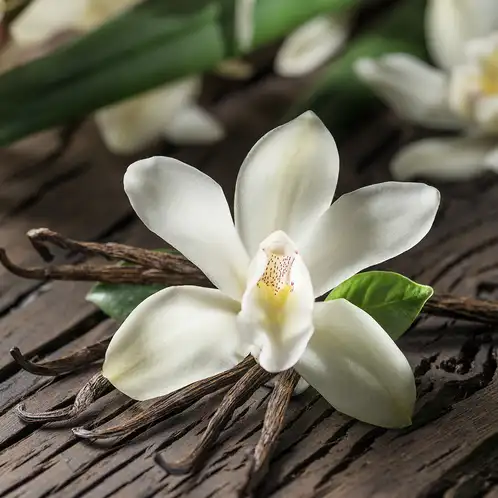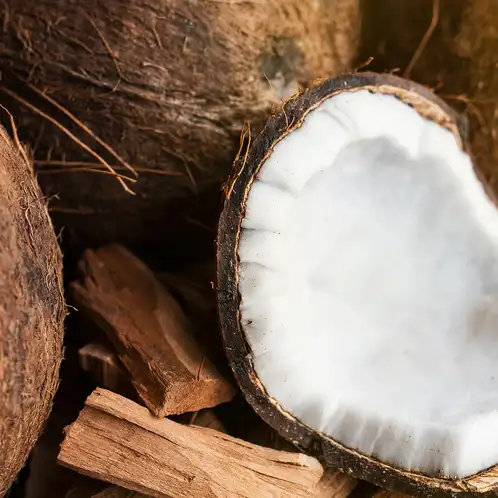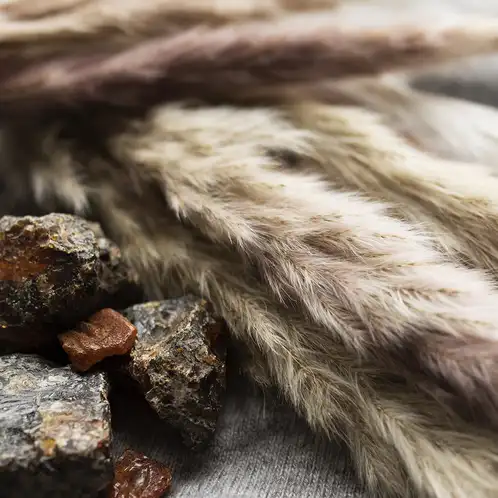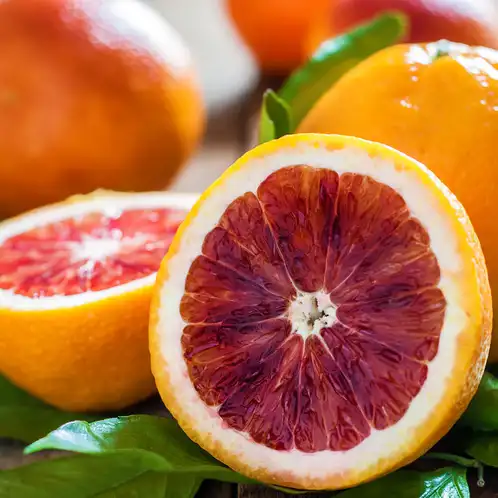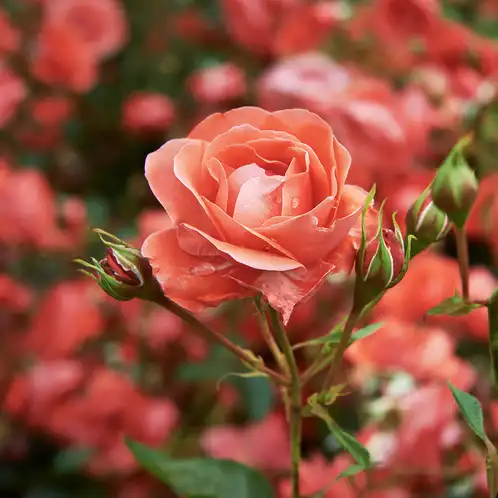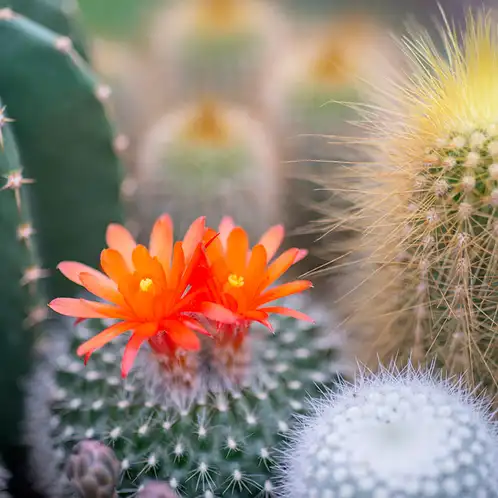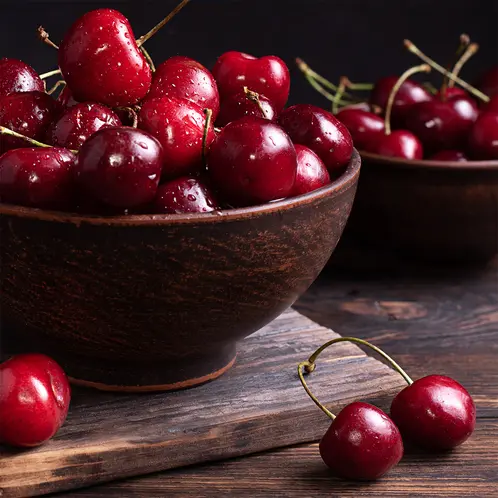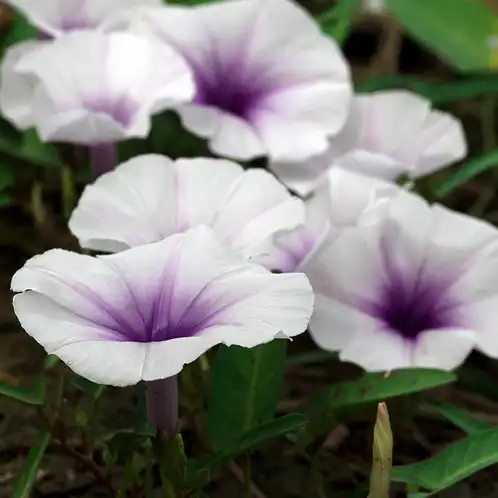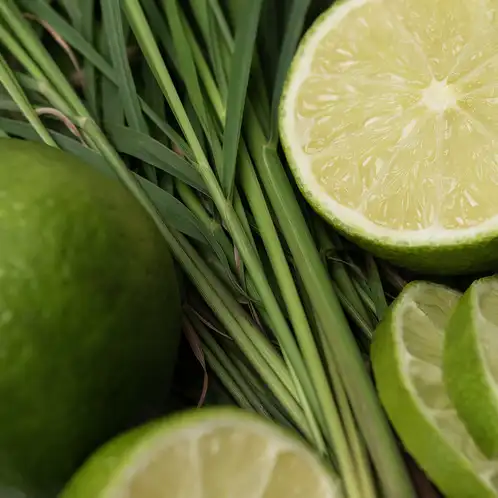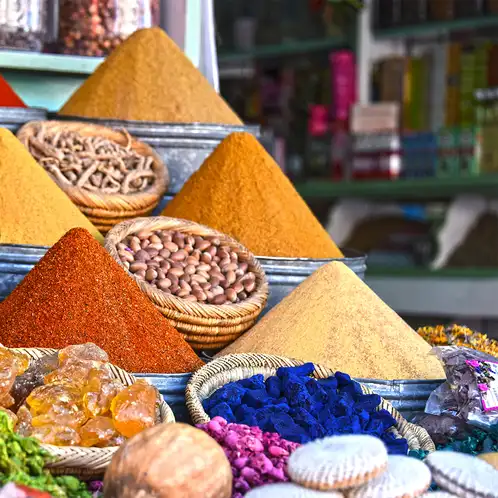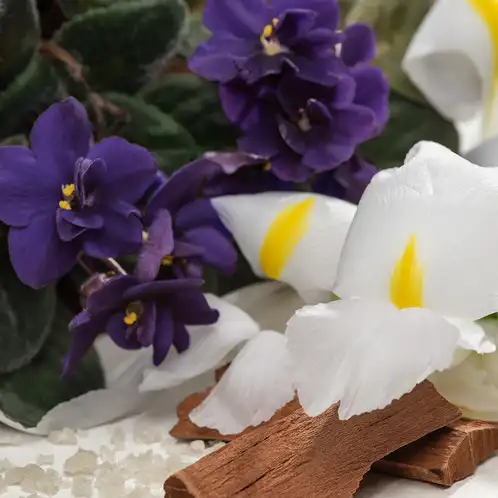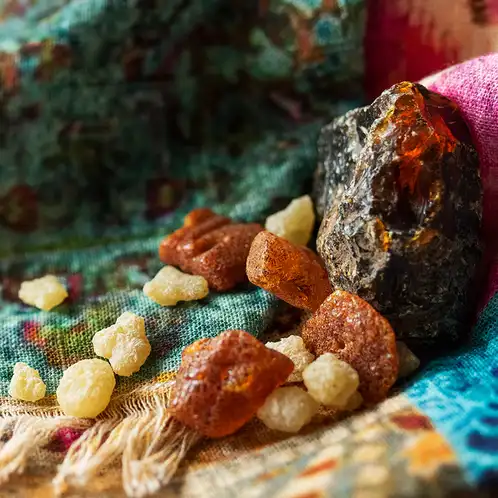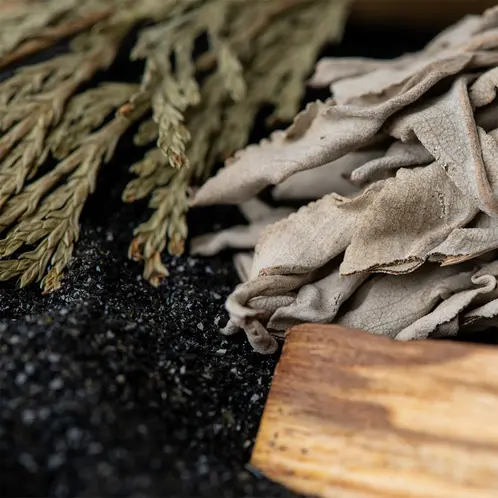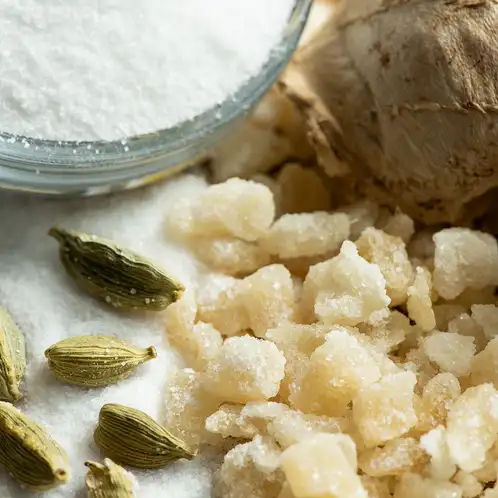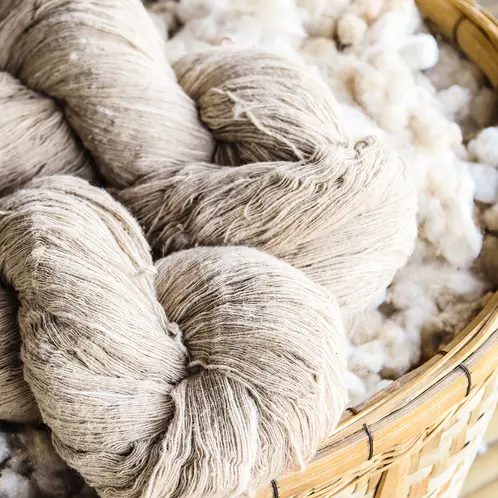How to select fragrance oils for luxury candles learn about luxury marketing and discover how to select fragrance oils for luxury candle collections.

In the candle making world, people often use the term "luxury" in different ways. At times, luxury simply means luxurious smelling; at others, luxury indicates the market tier that a candle brand belongs to. And not all luxury candles are from luxury-tier brands; some brands offer premium candles alongside their core product line of more accessible candles.
For this article, we’ll use the term “luxury” as a catch-all when referring to boutique, prestige, designer, and luxury-level candles.
What are luxury candles?
Luxury is about experience, quality, and exclusivity. From cars to candles to clothing, luxury-tier products provide an elevated experience that gives the buyer a feeling of prestige.
Mass-market candles are marketed primarily for their functional purpose of providing scent; luxury candles are positioned as providing an experience that evokes emotions or aspirations associated with their scents.

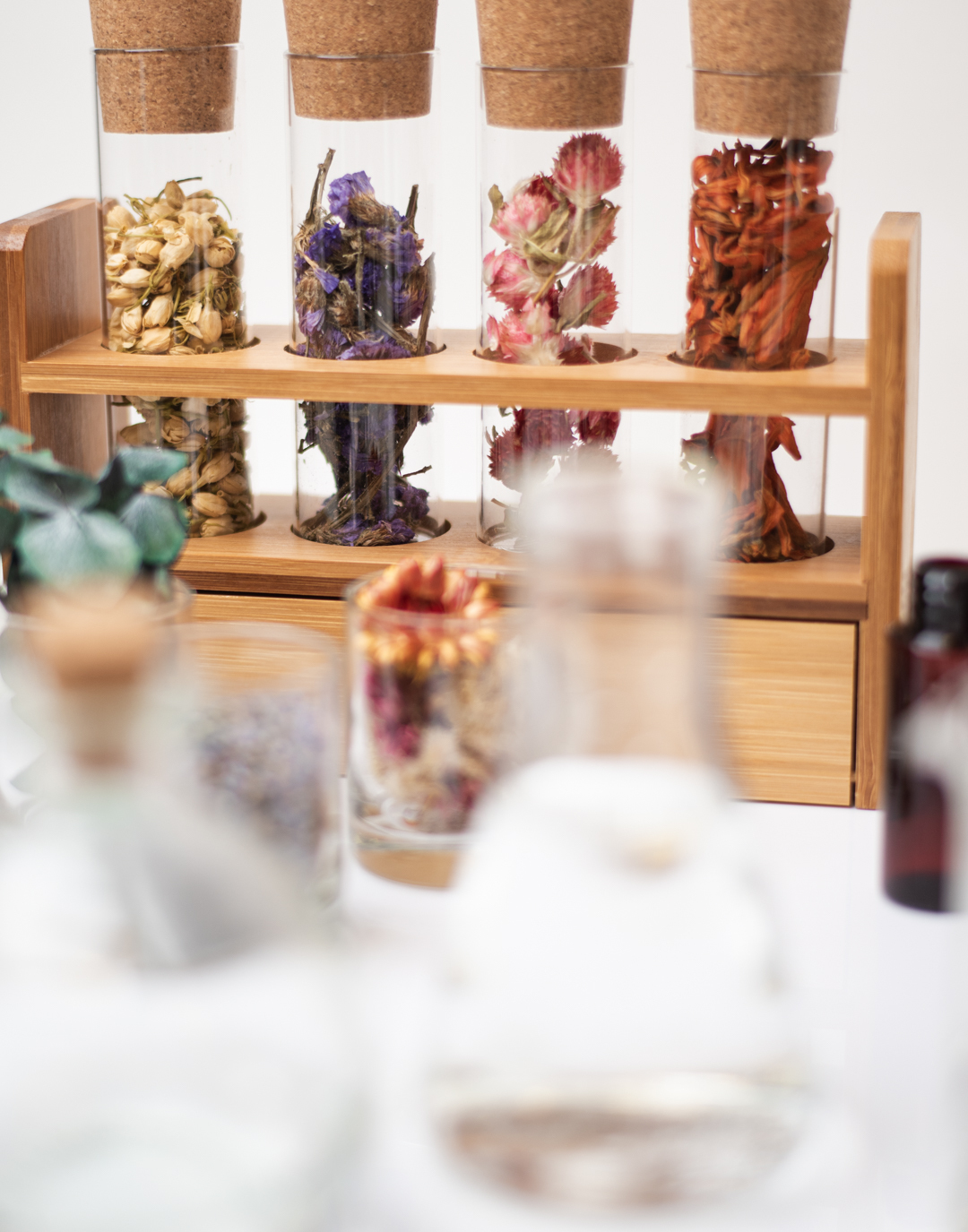
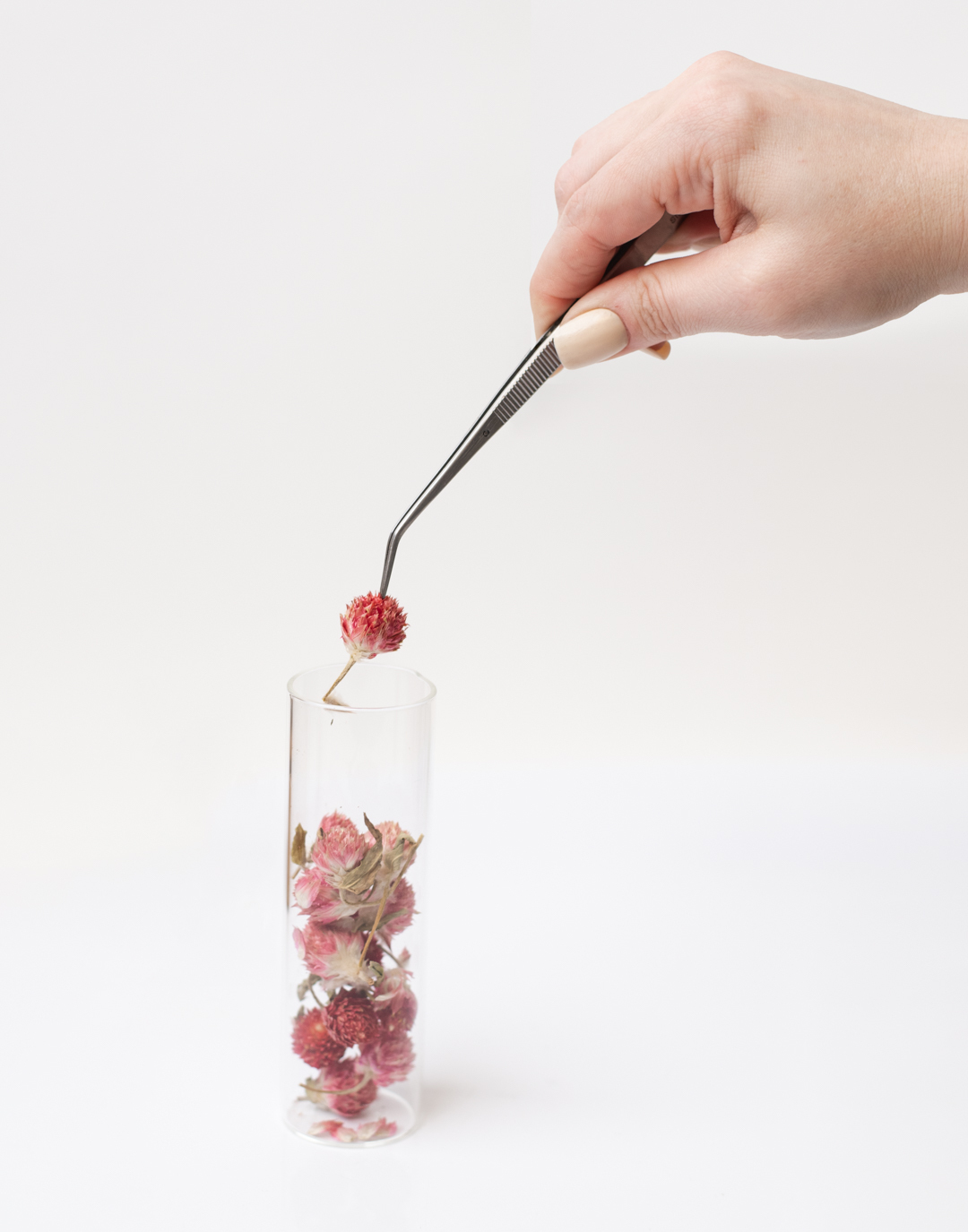
Why opt for luxury candles?
While some enjoy the aesthetic of luxury branding and more complex scent profiles, others are drawn to the exclusive feel and elevated experience that luxury products are known for.
Most luxury products aren’t everyday necessities, so they need to have emotional appeal. Brands selling luxury products accomplish this by setting the tone for an elevated experience and curating high-quality components.
The luxury experience
- Branding and packaging: Craftsmanship, attention to detail, and unique design elements are markers of luxury candles. Handmade or custom elements indicate extra attention to detail, which appeals to luxury consumers.
- Lifestyle marketing: Luxury brands often lean into lifestyle marketing because it’s a straightforward way to illustrate the experience a buyer can expect when burning a luxury candle. You know those dramatic perfume commercials? They’re a great example of lifestyle marketing that’s intended to convey emotion, not function.
- Elevated customer experience: Customers expect more than just transactional relationships with luxury brands. Buyers of luxury candles are often interested in the brand’s story and values. Marketing and social media for luxury brands often focus more on these aspects than product features.
High-quality components
- Personally vetting suppliers: Luxury buyers expect that luxury-tier brands have done extensive research and testing. Buyers expect the components of luxury candles to be higher in quality than mass-market candles and sourced with sustainability and ethical consumption in mind.
- Elegant burn experience: It’s all about the combination of ingredients—wax, wick, fragrance oil, container—and how well they work together. Connoisseurs of luxury candles expect a clean, low-soot burn, so testing is essential for candle brands in the luxury market. While there’s a preference for plant-based waxes at handmade or niche levels, popular candle brands aren’t afraid to use paraffin wax in their blends.
- Clearly-stated brand principles: Many luxury buyers want to see that a brand’s principles align with their own. Luxury brands state their principles (like being American-made, vegan, or carbon-neutral) and share information that backs up these claims.
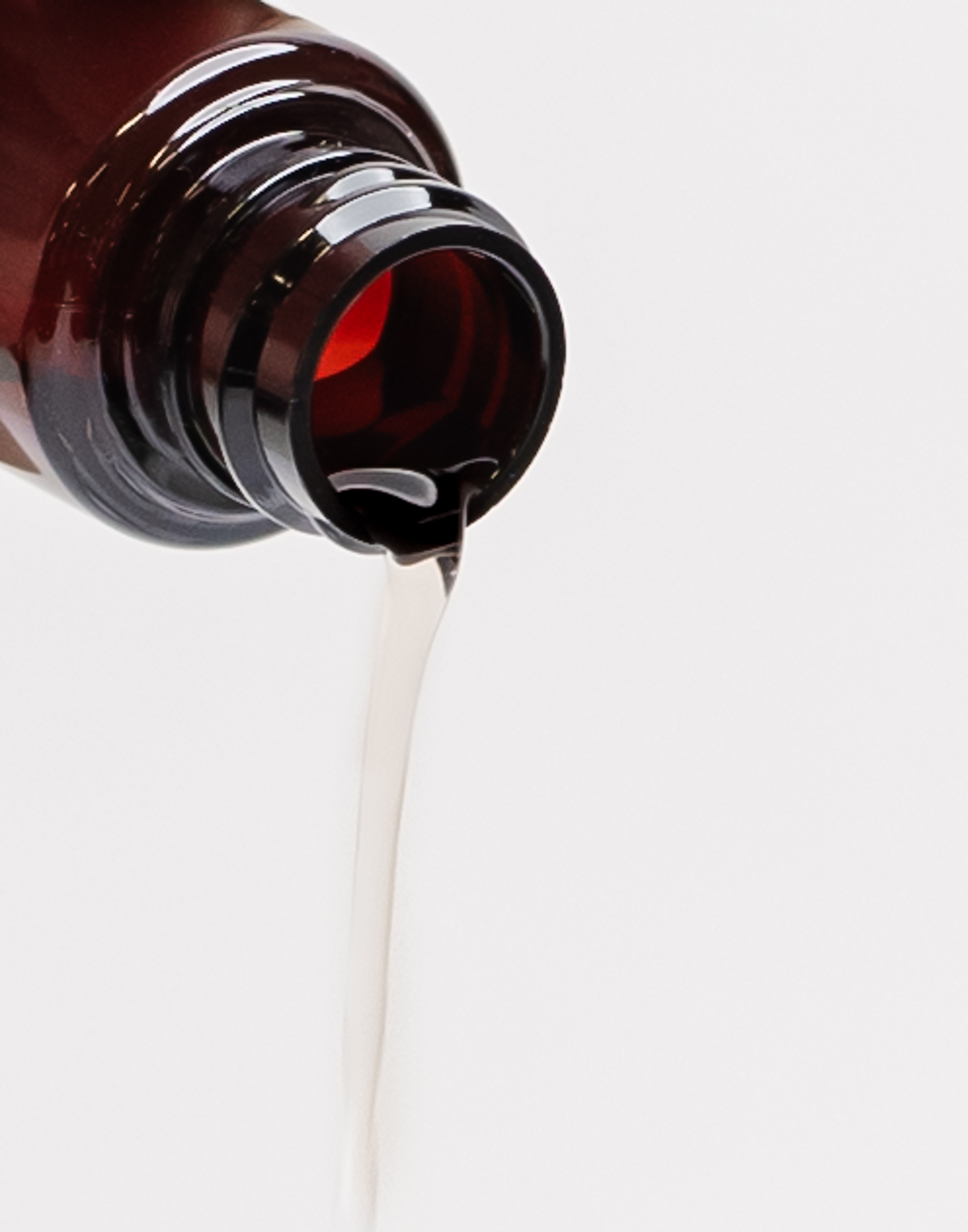
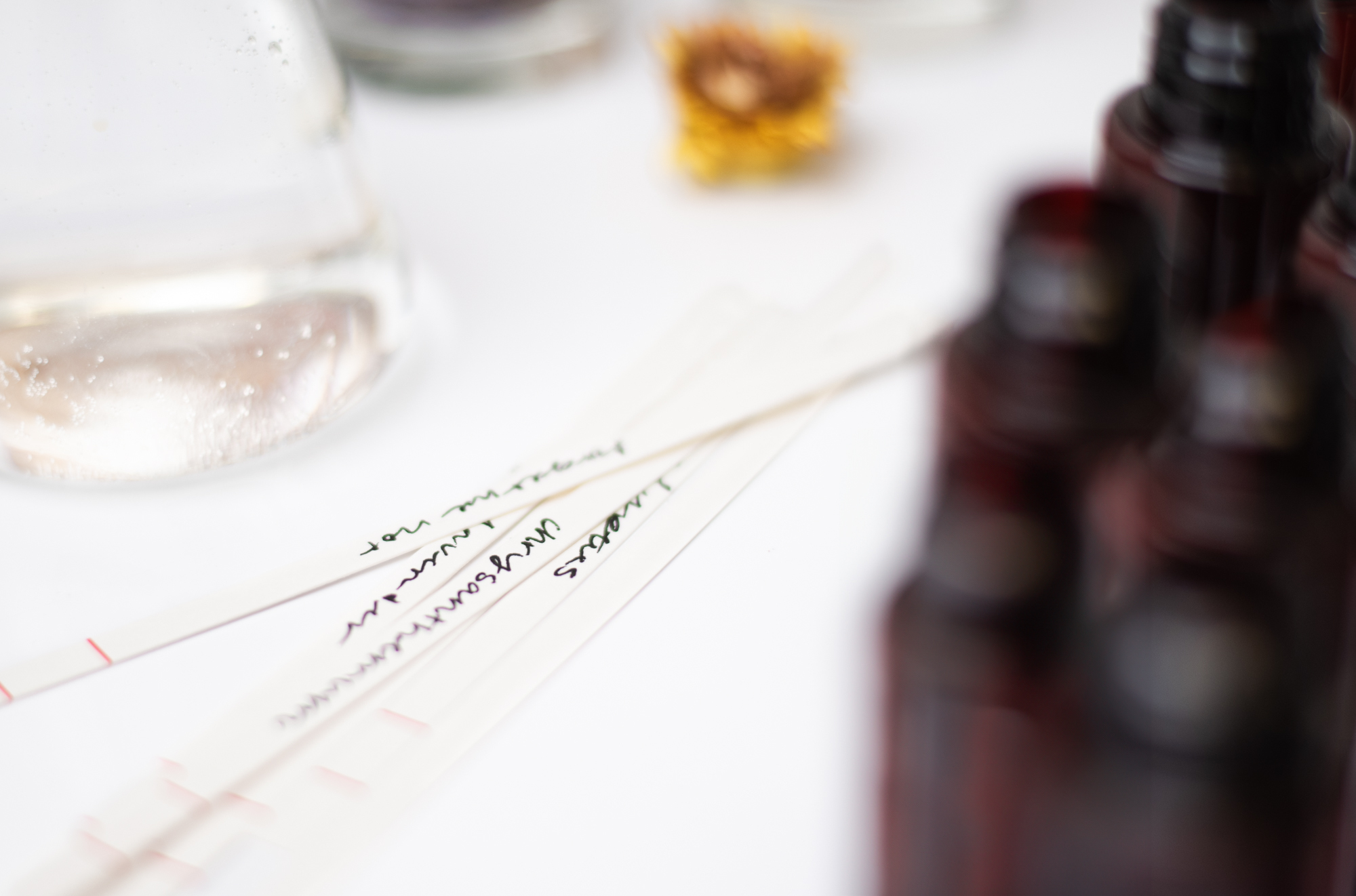
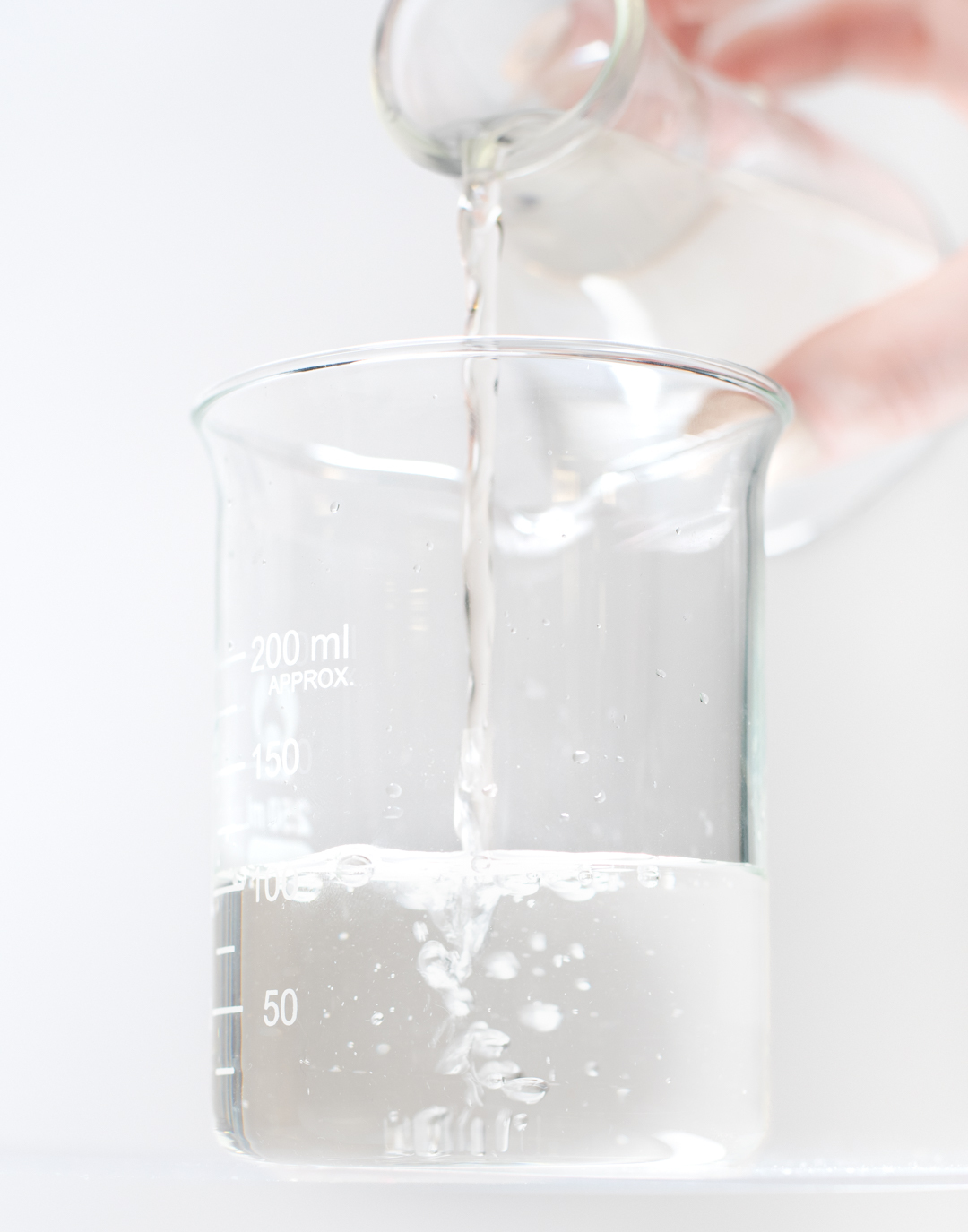
How to select fragrance oils for luxury candles
A defining factor for luxury fragrance oils is their fragrance note profile. Scent is a powerful emotional tool. It can shift our mood, trigger once-forgotten memories, elevate everyday activities, or underscore the importance of special moments.
Because luxury products appeal more to emotion, scent is an effective way to make a candle feel more luxurious and exclusive.
What makes a fragrance oil luxury?
Rare notes: Historically, people place a higher value on items that are scarce or difficult to source. Rare components give the illusion of exclusivity—the harder to source, the more valuable the item.
Fragrance oils that feature refined, new, exotic, or unique notes convey an inherent sense of luxury. Keep this principle in mind when you begin your luxury fragrance oil search! Look at the note profile of fragrance oils and scan for notes that seem unfamiliar, worldly, or uncommon to you.
Complex blends: Can you recall smelling a perfume or candle that was decidedly upscale but difficult to describe? Perfumers who create luxury fragrances have perfected the art—and the science—of combining ingredients for a result that feels high-end.
When you smell fragrances in mass-market products, you’ll notice it’s often easy to name the notes because they’re often literal depictions of familiar scents like vanilla, lavender, or strawberry.
In contrast, luxury fragrances are usually more complex and often described with emotional or interpretive words like rich, sultry, or soft. While familiar fragrance elements might exist within luxury-level blends, it can be difficult to name each and every note within luxury fragrances; more often, they remind you of a memory, location, emotion, or experience.
For many luxury buyers, the complexity of the scent is the primary reason to opt for luxury candles as opposed to mass-market options.
Quality of fragrance oils: Before we discuss how to curate high-quality fragrance oils for luxury candles, let’s talk about perceived value.
One way brands can raise the perceived value of their products is simply by selling them at a higher price. It’s a classic marketing technique used in various industries—many people automatically assume that higher-priced products are of a higher quality.
Luxury cosmetic brands often employ this tactic: most assume that a $30 mascara is made with higher quality ingredients than an $8 mascara, for example. But these higher price points don’t always mean higher quality. The packaging and marketing are often noticeably different, but the ingredients in the product are often very similar.
But what does this have to do with finding luxury fragrance oils? Many candle supply companies use similar high-pricepoint tactics to raise the perceived value of their fragrance oils, regardless of the true quality of the oils.
An outcome of candle supply sellers charging premium prices for the sake of perceived value is that their customers—often small candle brands—are left with a higher cost of goods and potentially smaller profit margins on their candles.
To learn more about perceived value and pricing strategy, take a look at our How to Price Your Candles article.
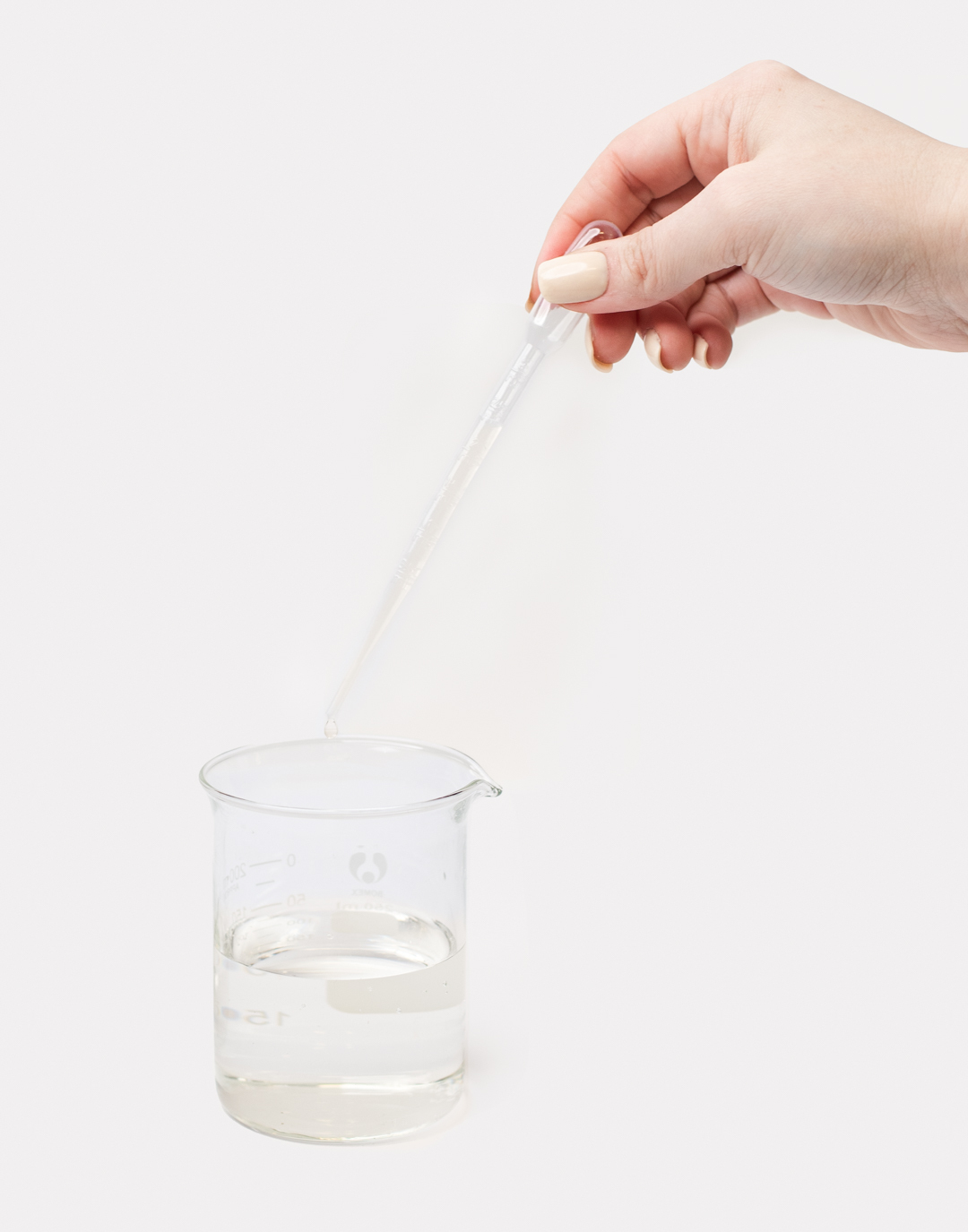
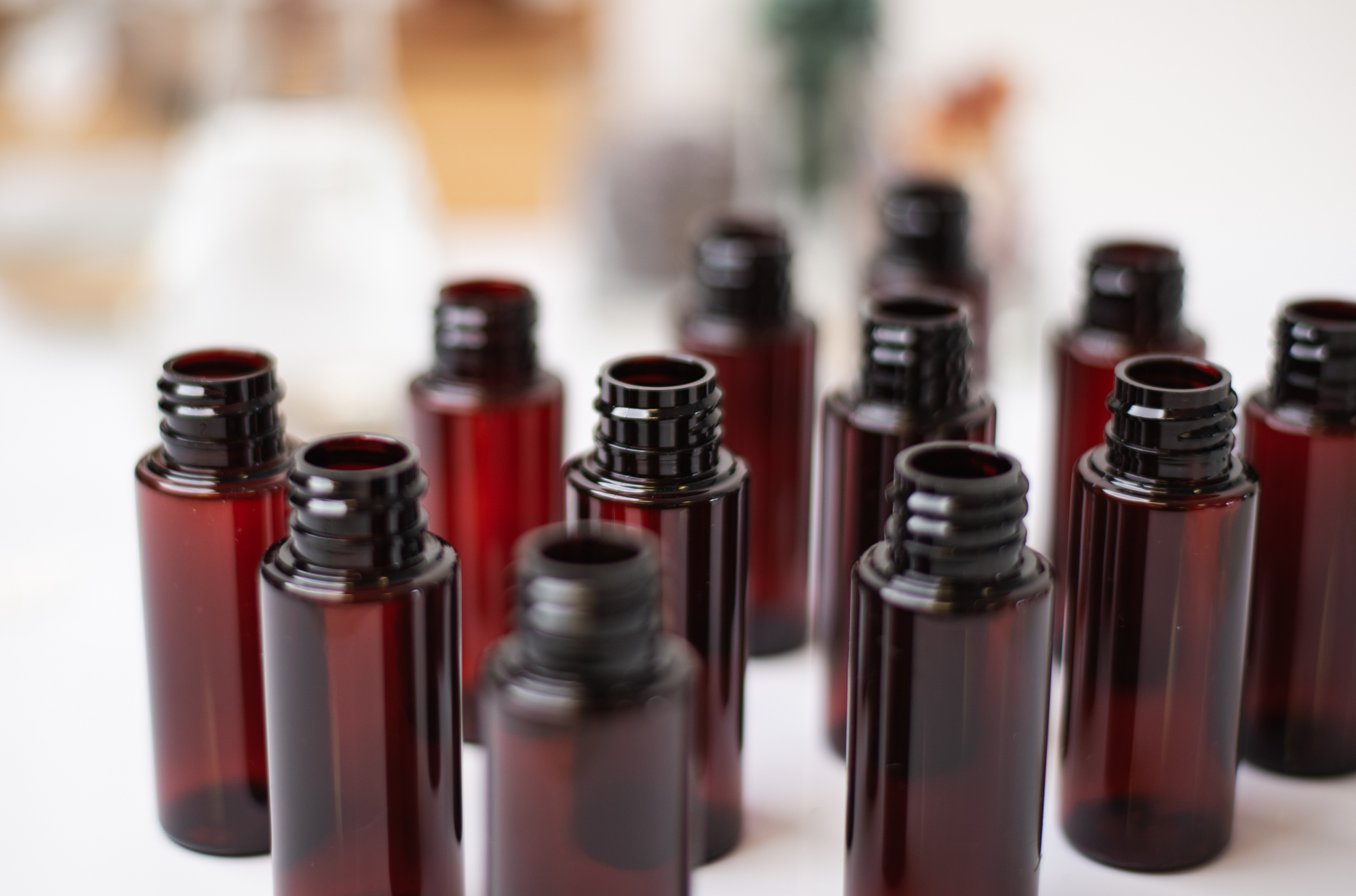

How do you select high-quality fragrance oils for luxury candles?
Wholesalers and candle making suppliers should be able to describe what makes their fragrance oils high-quality using specific language. When searching for luxury fragrance oils for candles, look for fragrance oils that are designed specifically for use in candles, meet higher safety standards than the industry norms, and are ethically sourced.
Specific indications of fragrance oil quality:
- Formulated without phthalates
- No Proposition 65 warning required
- Rated for throw and performance in natural wax
- Openly accessible IFRA Certificate and Safety Data Sheets
To be fair, some fragrance oils are priced higher due to the quality or rarity of fragrance components or because they are original scents developed by expert perfumers. However, if a supplier justifies the price of their fragrance oils only using vague terms like “a global array of raw components” or “exotic ingredients,” then it’s likely they’re using a perceived value approach.
Luxury fragrance oil recommendations
Now that you have an understanding of luxury candles and fragrance oils, we can get to the exciting stuff! In this section, we’ll share the CandleScience fragrances that are well-suited for luxury lines.
Can I mix different luxury candle fragrance oils to create my own unique scent?
Absolutely! Any experiments with fragrance oil blending will be more successful if you have a clear vision in mind—whether it’s the story you want to tell or the experience you want to create. The more unique, the better!
Keep in mind that many luxury-level fragrance oils already feature complex blends perfected by perfumers. Too many notes can quickly turn into a cacophony, so we recommend testing your blends thoroughly to make sure they match your vision.
You can also make luxurious-smelling fragrance blends with oils that aren’t marketed as luxury products. If you create a scent that has the characteristic complexity and sophistication of luxury fragrances, you can position the final product as a luxury item. Just be sure the branding, fragrance notes description, and packaging choices also meet buyer expectations for a luxury candle.
Share the luxury scents you can't get enough of with the CandleScience community by tagging us @CandleScience and using the #CandleScientist hashtag on Facebook and Instagram. We may feature you in our Stories or on our website!

